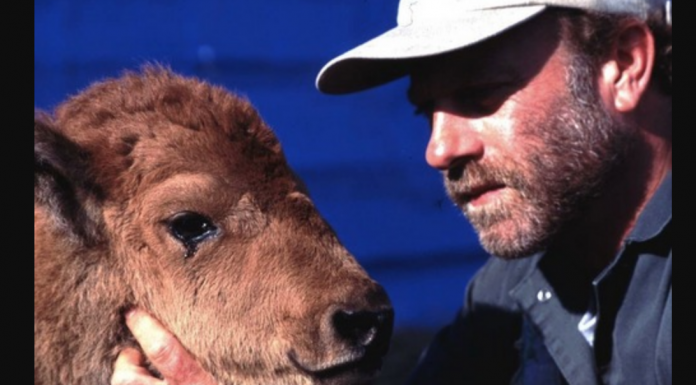BBC – During the 1918 Spanish Flu pandemic that killed up to 100 million people worldwide, children sang a nursery rhyme: “I had a little bird, Its name was Enza, I opened the window, and in-flu-enza.”
Today, the expanding human population and activity has opened the pandemic “window” even wider.
A major component of any strategy to protect ourselves must involve treating disease before it gets to us.
We are reminded by the recent World Health Organization designation of a H1N1 pandemic that infectious diseases have little regard for the Darwinian divide.
Humans share more than 60% of “known” infectious organisms with animals, and the majority of new or emerging diseases are linked in some way to wild animals; ebola, HIV/Aids, Sars, and Avian influenza are just a few examples.
But don’t blame the animals; these diseases in humans stem from how we move about the planet, interact with animals and the environment, educate our citizens, provide or don’t provide health services, and deal with poverty and hunger.
Going global
The trade in wildlife for food, traditional medicine, or pets, for example, has increased in response to human demand.
This flourishing trade – both legal and illegal – of domesticated animals, wildlife and wild animal parts is often marked by unsanitary conditions that can give rise to zoonotic diseases (those transmitted from animals to people).
As modern transportation is made available to more of the world, geographic boundaries that once protected us from remote disease outbreaks are nearly obsolete.
Viruses and bacteria long confined to living in a single species, or in one part of the world, can now quickly be moved to new areas … Click source below to read more.
Dr. William B. Karesh is internationally recognized as an authority on the subject of animal and human health linkages and wildlife. He is the Executive Vice President for Health and Policy at EcoHealth Alliance. He serves as the president of the World Animal Health Organization (OIE) Working Group on Wildlife Diseases and also chairs the International Union for the Conservation of Nature (IUCN) Wildlife Health Specialist Group, a network of wildlife and health experts around the world. Dr. Karesh also serves on the World Health Organization’s (WHO) International Health Regulations Roster of Experts focused on the human-animal interface and wildlife health. Dr. Karesh has also worked for the USDA, DOD, DOI and the Food and Agriculture Organization of the U.N. He has published more than 165 scientific papers and numerous book chapters, and written for the Huffington Post and journals such as Foreign Affairs.



